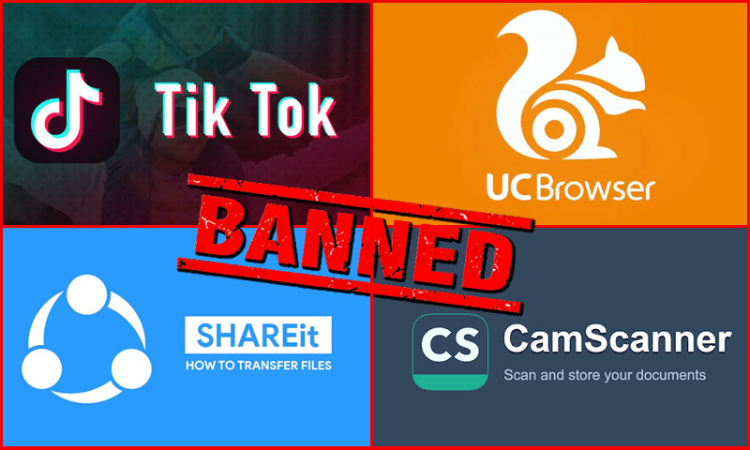- Home
- /
- Top Stories
- /
- Section 69A IT Act, Shreya Singhal...
Section 69A IT Act, Shreya Singhal Judgment And Blocking Of 59 Apps
Ashok Kini
6 July 2020 2:37 PM IST
While making public its decision to block 59 mobile apps, mostly Chinese, including Tik Tok, Cam Scanner, Xender etc, the Ministry of Electronics & Information Technology has mainly referred to its powers under Section 69A of the Information Technology Act, 2000, read with the relevant provisions of the Information Technology (Procedure and Safeguards for Blocking of Access of Information...
Next Story



